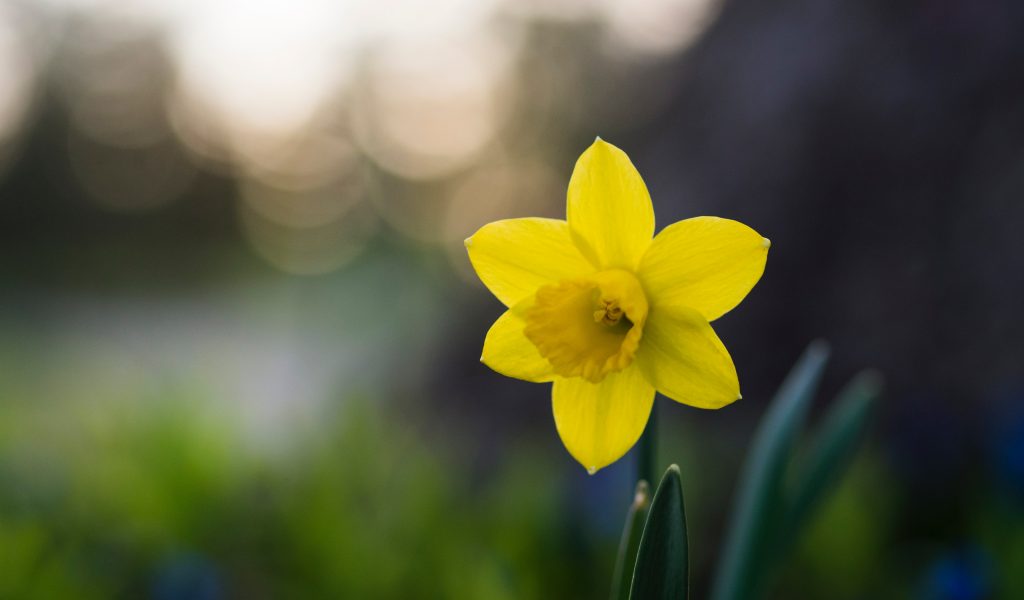Nothing like before: learning how to cope with eco-anxiety

Carden Cappi discusses their experience with eco-anxiety, while offering some hopeful advice and sources for those who feel similarly.
I was shocked when I started seeing flowers pop out the ground around the time of New Year’s Eve. It was something that’s never happened before and was definitely not normal. And then there were the frequent changes of unnaturally warm weather and now almost freezing temperatures in the morning in the past months. Once again, this showed me how the climate is changing and nothing is like it has been before. All of these realisations can end up causing eco-anxiety. Eco-anxiety can be described as the feelings of anxiety and experience of anxiety symptoms regarding climate change and related issues. It has been on the rise in recent years, especially in the younger generations.
Eco-anxiety can be described as the feelings of anxiety and experience of anxiety symptoms regarding climate change and related issues.
Eco-anxiety has been present in my life, for sure. As an international student, travelling home via plane is a crucial cause of guilt for me because taking the more eco-friendly train is just not an option financially as a student. Or walking through the aisles of Morrisons and seeing the country of origin being somewhere really far away and feeling horrible about buying those products, but being unable to get those things from local sources, especially in winter. On top of everything else that makes life depressing and difficult in 2023, this is not something that I want to be burdened with, but here we are.
Coping with it is strange and sometimes difficult. I can tell myself that there’s no other way at the moment and that long shipping routes producing a lot of CO2 are the only option for some things. Or, that I’m compensating enough for it by not driving a car, or trying to buy local where possible and not getting more exotic food. But for anyone who has dealt with anxiety of any kind in their life before, they will know that it’s not this easy.
However, there are solutions, and numerous experts have given some advice. Psychotherapist lecturer Caroline Hickman suggests acknowledging the feelings as an important first step, and potentially trying to find a community for support and/or activism. Around Exeter, there are several initiatives: the university has listed resources for reducing your carbon footprint and other ways to become involved locally, and some student societies like Be The Change can be sources for that community as well. So while there is this looming threat of climate change, you are not alone and there are ways to deal with it.
The university has listed resources for reducing your carbon footprint and other ways to become involved locally, and some student societies like Be The Change can be sources for that community as well.
Anxiety can also become extreme and compromise daily life. If this is the case, it is important to seek professional help. You can reach out to the University’s Nightline service, the Mental Health and Wellbeing service at the university, or some outside organisations, such as Samaritans or Mind.


